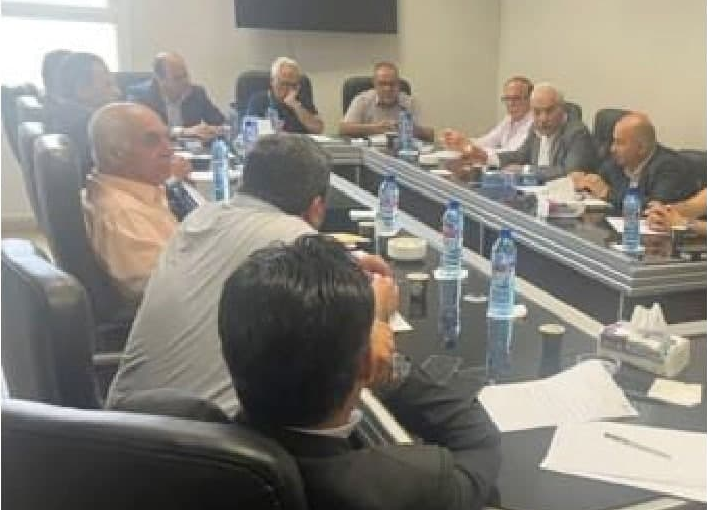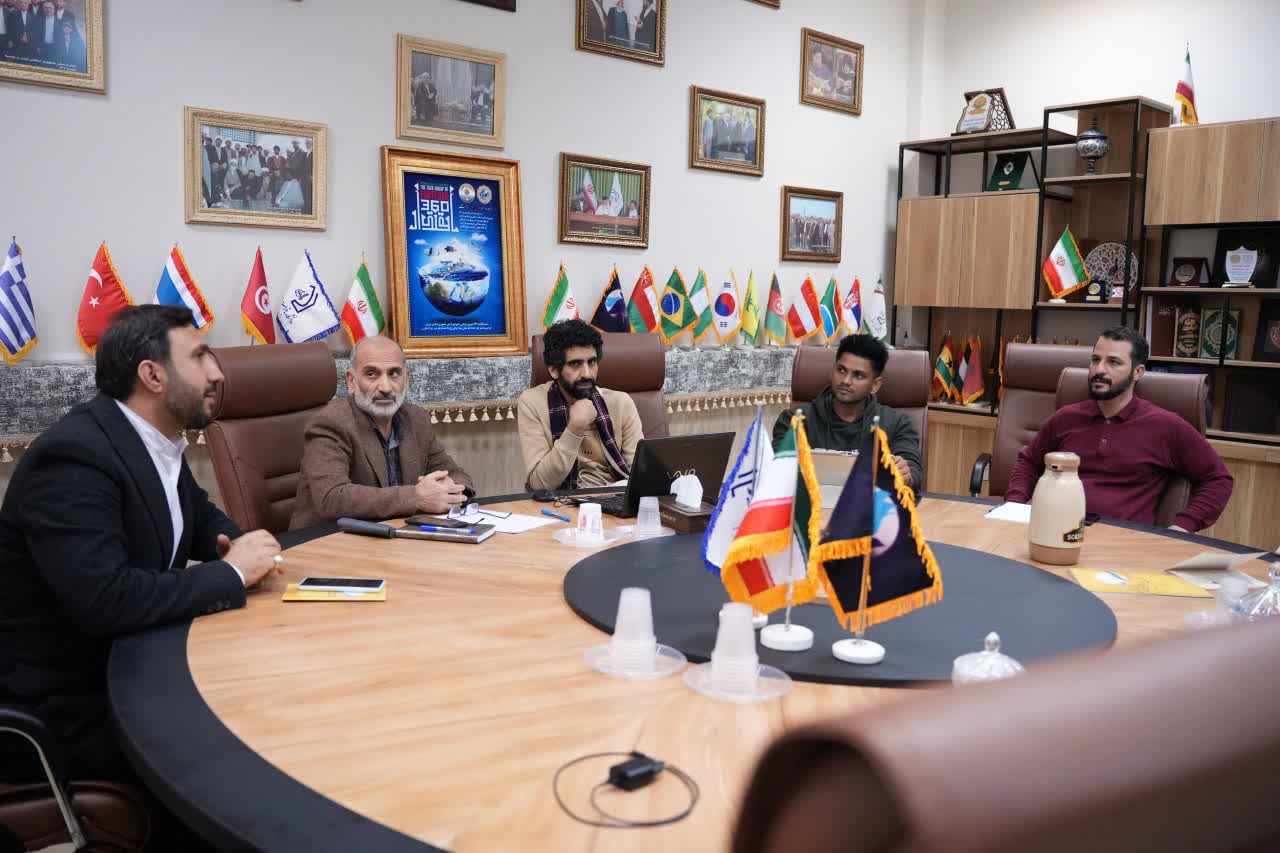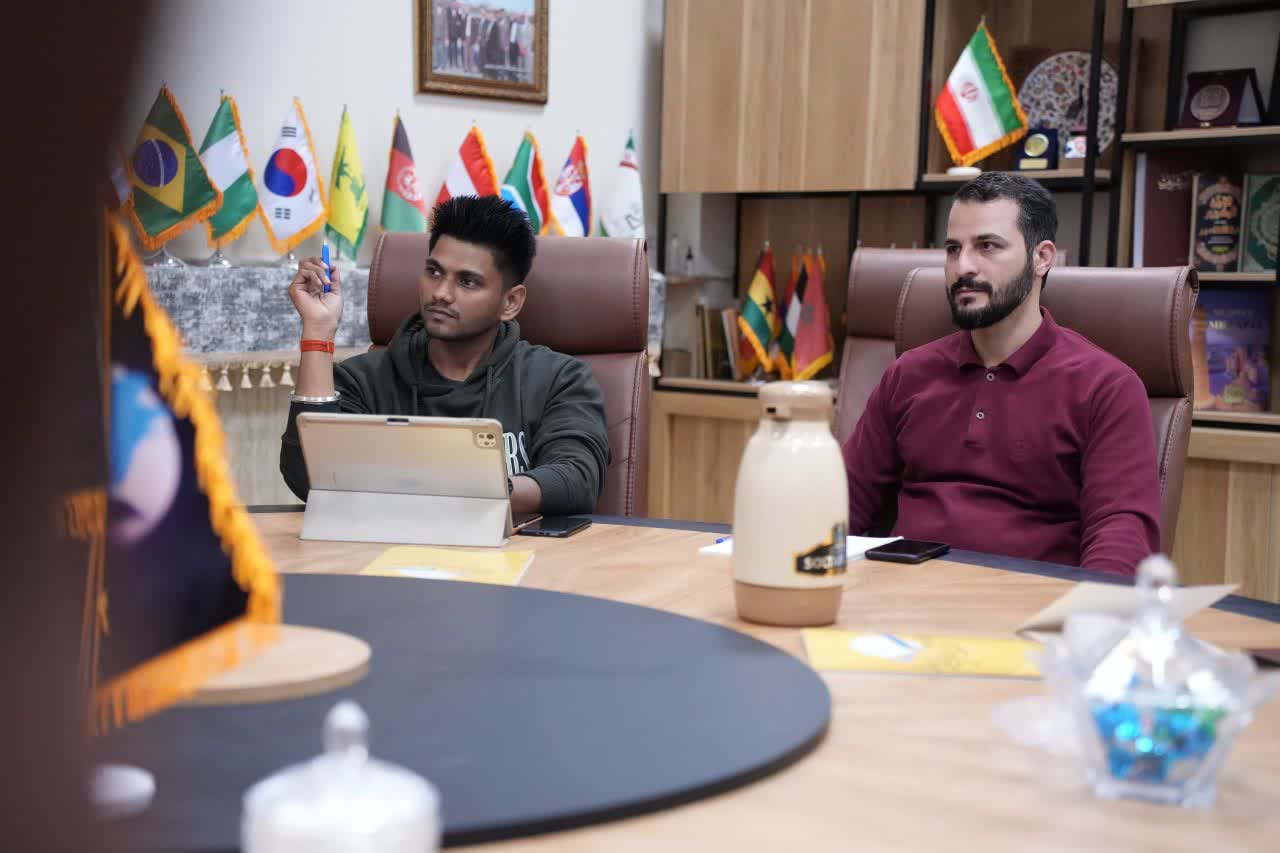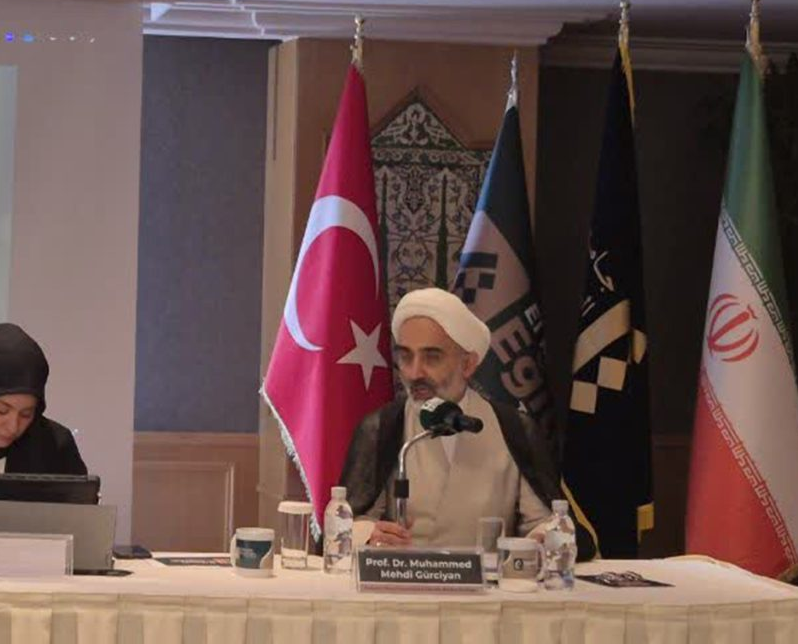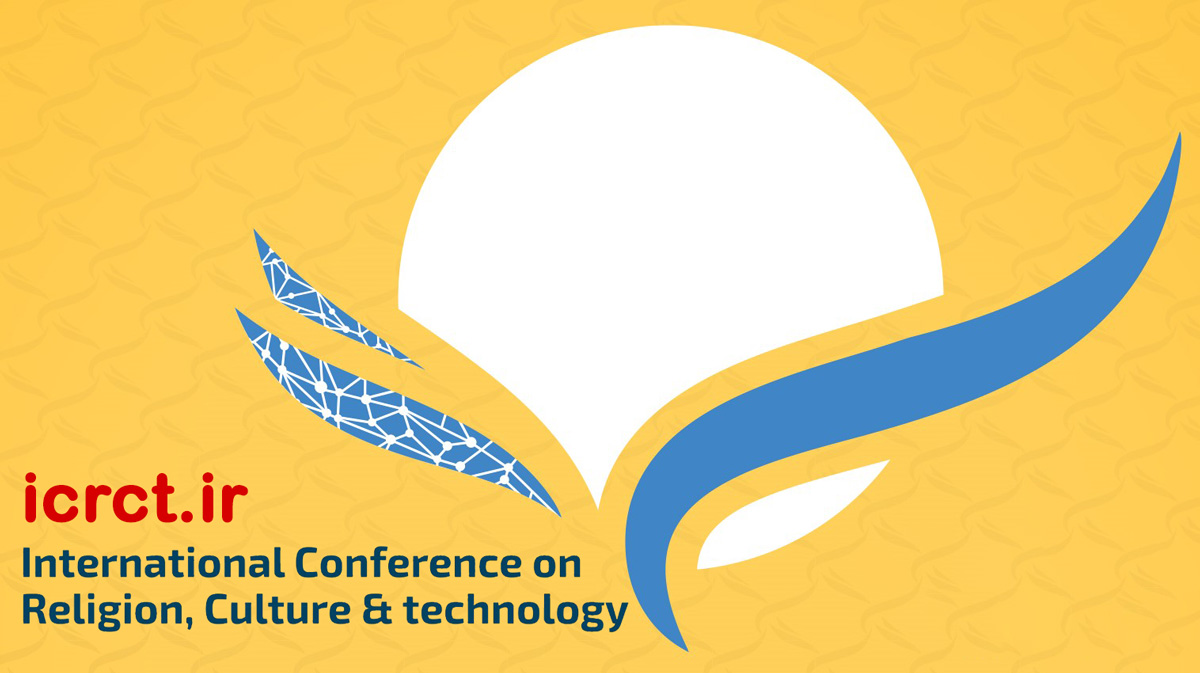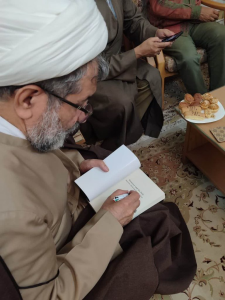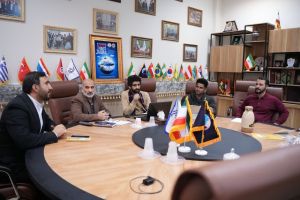News Release: Academic Symposium on “Strategic Global Transformations and Efforts Toward a New World Order”
The Center for Legal and Political Studies at the Faculty of Law, in collaboration with the International Conference on Human Rights from an Eastern Perspective, is pleased to announce the organization of a scientific symposium titled “Strategic Global Transformations and Efforts Toward a New World Order.” This event aims to foster scholarly dialogue on critical global developments and their implications for shaping a new international framework.
News Release: Scientific Symposium on “Strategic Global Transformations and Efforts Toward a New World Order”
The Center for Legal, Administrative, and Political Studies at the Faculty of Law, Lebanese University, in collaboration with the International Conference on Human Rights from an Eastern Perspective, successfully held a scientific symposium titled “Strategic Global Transformations and Efforts Toward a New World Order” at its office in the Hadath University Complex.
The symposium was attended by distinguished academics and professionals, including Dr. Samer Maher Abdullah, Director of the Center; Dr. Habib Al-Kazi, Dean of the Faculty of Law and Political Science; Dr. Hussein Obeid, representative of the Faculty’s central professors; Dr. Patricia Al-Kazi, Deputy Director of the Center; Dr. Ali Kassir, from the Cultural Consulate of the Islamic Republic of Iran in Beirut; Dr. Mojtaba Mortada, Head of the First Branch of the Faculty of Law; Dr. Jihad Bannout, Head of the Strategic Studies Department; Dr. Rana Shukr, Head of the Scientific Publishing Department; Dr. Khodr Toro, Head of the Legal Department; Ms. Maysaa Qutaya, instructor at the Center; along with a group of specialized professors and media representatives.
The session was moderated by Dr. Jihad Bannout, Head of the Strategic Studies Department, who opened the symposium by emphasizing the imperatives of the current global phase and the importance of aligning with ongoing transformations. Strategic researcher Professor Mikhail Awad then delivered a presentation on the global order and the transition to a multipolar system. He stressed that scattered conflicts should steer the world toward a more just path and noted that the Zionist entity is facing a challenging phase due to sustained losses, rendering it unable to endure further damage.
Following this, Dr. Hassan Jouni, an expert in international law, addressed the role of international law in the current state of humanity. He underscored that international law reflects the state of the global community and highlighted that economic crises often precipitate wars, a recurring historical trend in conflicts. He explained that ongoing wars stem from the global capitalist economic crisis between 2008 and 2010. Dr. Jouni also noted that Iran operates within the framework of international law in its nuclear program, in contrast to the Zionist regime, which conceals weapons of mass destruction, threatens their use, and refuses international inspections.
Dr. Samer Maher Abdullah, Director of the Center for Legal, Administrative, and Political Studies, emphasized that the Center actively monitors global developments to remain engaged during this critical historical juncture for the region and the world. He stressed the necessity of adopting a national and humanitarian stance, condemning the genocide in Gaza, and analyzing the trajectory of the war against Iran, including potential military and diplomatic pathways. He also highlighted Israel’s resentment toward Iran’s successful model of an Islamic-democratic constitution, which explicitly supports oppressed nations, particularly the heroic Palestinian people.
The final presentation was delivered by Dr. Mohammad Noureddine, an expert on Turkish affairs. He noted that Turkey’s foreign policy is primarily driven by the secularism of its ruling parties and its stable relations with the United States, NATO, and Israel, despite occasional differences in approach. He added that since 2002, with the rise of the Justice and Development Party, Turkey’s foreign policy has shifted toward “neo-Ottomanism,” a project aimed at reviving the glory of the Ottoman Empire.
The symposium concluded with several interventions and discussions on the topics presented, along with proposals for future research projects.
















